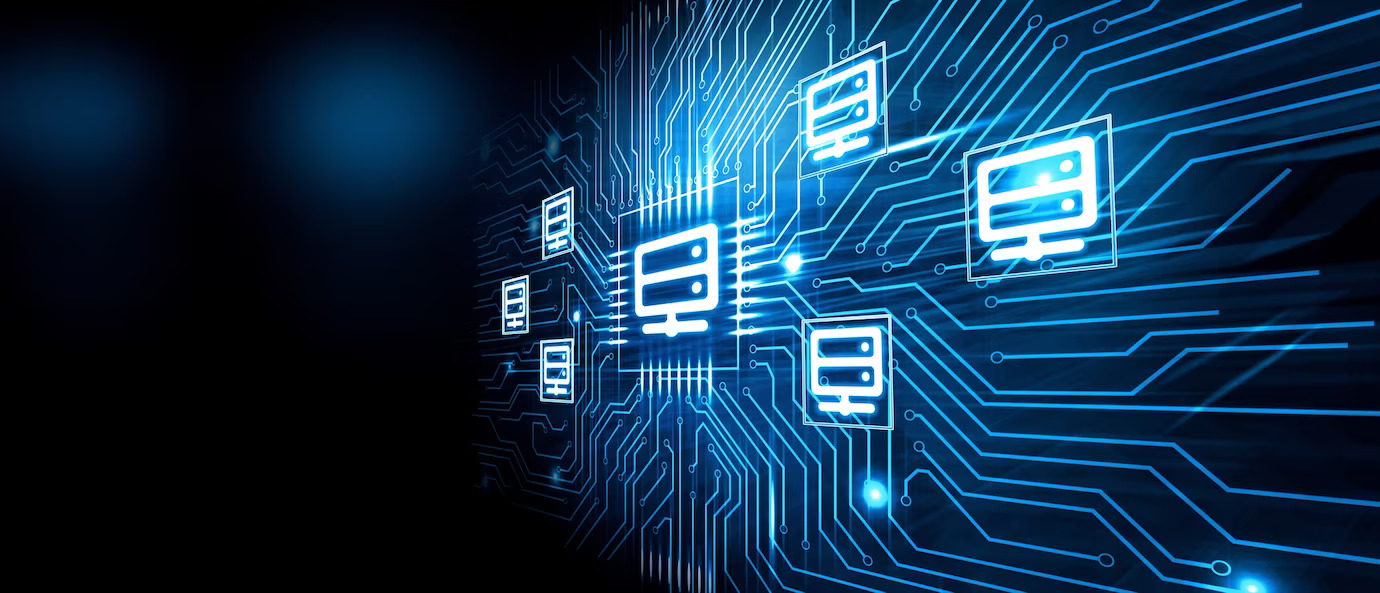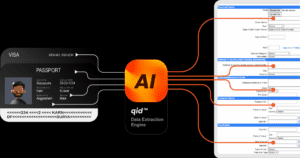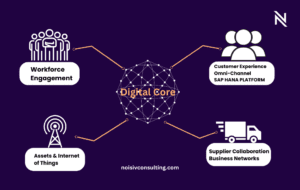In today’s interconnected world, data is often hailed as the new oil, and for a good reason. The proliferation of digital devices, sensors, and online interactions has led to the emergence of a fascinating phenomenon known as “datafication.” Datafication is the process of converting various aspects of the physical world and human activities into digital data that can be collected, analyzed, and used for decision-making, insights, and predictions. This article explores the concept of datafication, its implications across various sectors, and the challenges it presents.
Download:-India’s 1st ID Gateway – qid
Understanding Datafication
Datafication fundamentally involves the quantification of everything. It is the practice of transforming real-world phenomena, objects, activities, and behaviours into measurable data points. This data can be of various types, including text, numbers, images, audio, and video. The process of datafication is enabled by the widespread use of digital technologies and the internet, which have given rise to an unprecedented volume of data generation.
At the heart of datafication is the idea that almost anything can be captured and represented as data, thereby making it available for analysis and manipulation. This transformation has far-reaching implications for businesses, governments, and individuals alike.
Datafication in Practice
- Healthcare: The healthcare industry has witnessed a profound transformation through datafication. Wearable fitness trackers, smartwatches, and health apps now collect data on individuals’ physical activity, heart rate, sleep patterns, and more. This data is not only valuable for personal health monitoring but also for healthcare providers and researchers. It allows for early detection of health issues, personalized treatment plans, and population health studies.
- Smart Cities: Datafication plays a central role in the development of smart cities. Sensors and cameras placed throughout urban areas collect data on traffic flow, air quality, energy consumption, waste management, and more. By analyzing this data, city planners can optimize resource allocation, reduce congestion, and enhance the overall quality of life for residents.
- E-commerce: Online retailers have mastered the art of datafication. They collect and analyze vast amounts of data on customer behavior, such as browsing habits, purchasing history, and product preferences. This data fuels recommendation algorithms, targeted advertising, and pricing strategies, creating a highly personalized shopping experience.
- Agriculture: Datafication has revolutionized agriculture, giving rise to precision farming. Farmers use sensors, drones, and satellite imagery to collect data on soil conditions, weather patterns, crop health, and more. By analyzing this data, farmers can make informed decisions about planting, irrigation, and pest control, optimizing crop yields and resource usage.
- Financial Services: In the financial sector, datafication is utilized for various purposes. Banks and financial institutions employ data analytics to detect fraudulent transactions, assess credit risk, and make investment decisions. Trading algorithms analyze vast datasets to execute high-frequency trades in milliseconds.
- Manufacturing: The manufacturing industry benefits from datafication by employing sensors and IoT devices to monitor equipment performance and production processes in real-time. This data enables predictive maintenance, reduces downtime, and enhances overall operational efficiency.
The Benefits of Datafication
The rise of datafication is not without reason. It offers numerous benefits across various domains:
- Improved Decision-Making: By providing access to a wealth of data, datafication enables more informed decision-making. Businesses, governments, and individuals can make choices based on data-driven insights rather than relying solely on intuition or historical practices.
- Enhanced Efficiency: Datafication often leads to improved efficiency in operations. By analyzing data, organizations can identify bottlenecks, streamline processes, and optimize resource allocation.
- Personalization: For businesses, datafication allows for highly personalized services and products. This personalization can enhance customer satisfaction, increase engagement, and drive loyalty.
- Predictive Capabilities: Datafication facilitates the development of predictive models. These models can forecast customer behavior, equipment failures, market trends, and more. Such predictions are invaluable for planning and strategy.
- Cost Reduction: In many cases, datafication can lead to cost reduction. By optimizing processes, minimizing waste, and preventing issues before they occur, organizations can save both time and money.
- Innovation: Datafication fuels innovation by providing new insights and opportunities for experimentation. Start-ups and established companies alike can leverage data to create novel products and services.
Challenges and Concerns
While datafication offers immense promise, it also raises important challenges and concerns:
- Privacy: The collection and analysis of personal data raise significant privacy concerns. Individuals may feel uncomfortable with the level of surveillance implied by datafication, especially when it comes to location tracking, health data, and personal preferences.
- Security: With the increased collection and storage of data, security becomes a paramount concern. Data breaches and cyberattacks can have severe consequences, both financially and in terms of reputation.
- Data Quality: The quality and accuracy of data are critical. Poor-quality data can lead to incorrect conclusions and poor decision-making.
- Ethical Considerations: Ethical dilemmas can arise when data is used to make decisions that affect individuals’ lives, such as credit scoring, hiring, and criminal justice. Bias in data and algorithms can perpetuate discrimination.
- Data Ownership: Determining who owns and controls data, especially in cases involving multiple stakeholders, can be complex and contentious.
- Regulatory Compliance: The growing awareness of data privacy has led to the implementation of stricter data protection regulations, such as the General Data Protection Regulation (GDPR) in Europe. Organizations must comply with these regulations or face significant penalties.
Conclusion
Datafication is reshaping the world as we know it. It is transforming everyday objects, activities, and behaviours into digital data, ushering in an era of unprecedented insights and opportunities. From healthcare and smart cities to e-commerce and agriculture, datafication is changing the way we live, work, and interact with our environment.
However, as with any transformative technology, datafication comes with its own set of challenges and concerns, including privacy, security, and ethics. Striking a balance between harnessing the power of data and protecting individual rights and interests is a crucial task for society in the data-driven age.
Ultimately, datafication is here to stay, and its impact will only grow in magnitude. Businesses, governments, and individuals must adapt to this new data-centric reality, seeking to maximize its benefits while addressing its complexities responsibly.
Also, Read:- Exploring the Concept of Zero Trust Security








